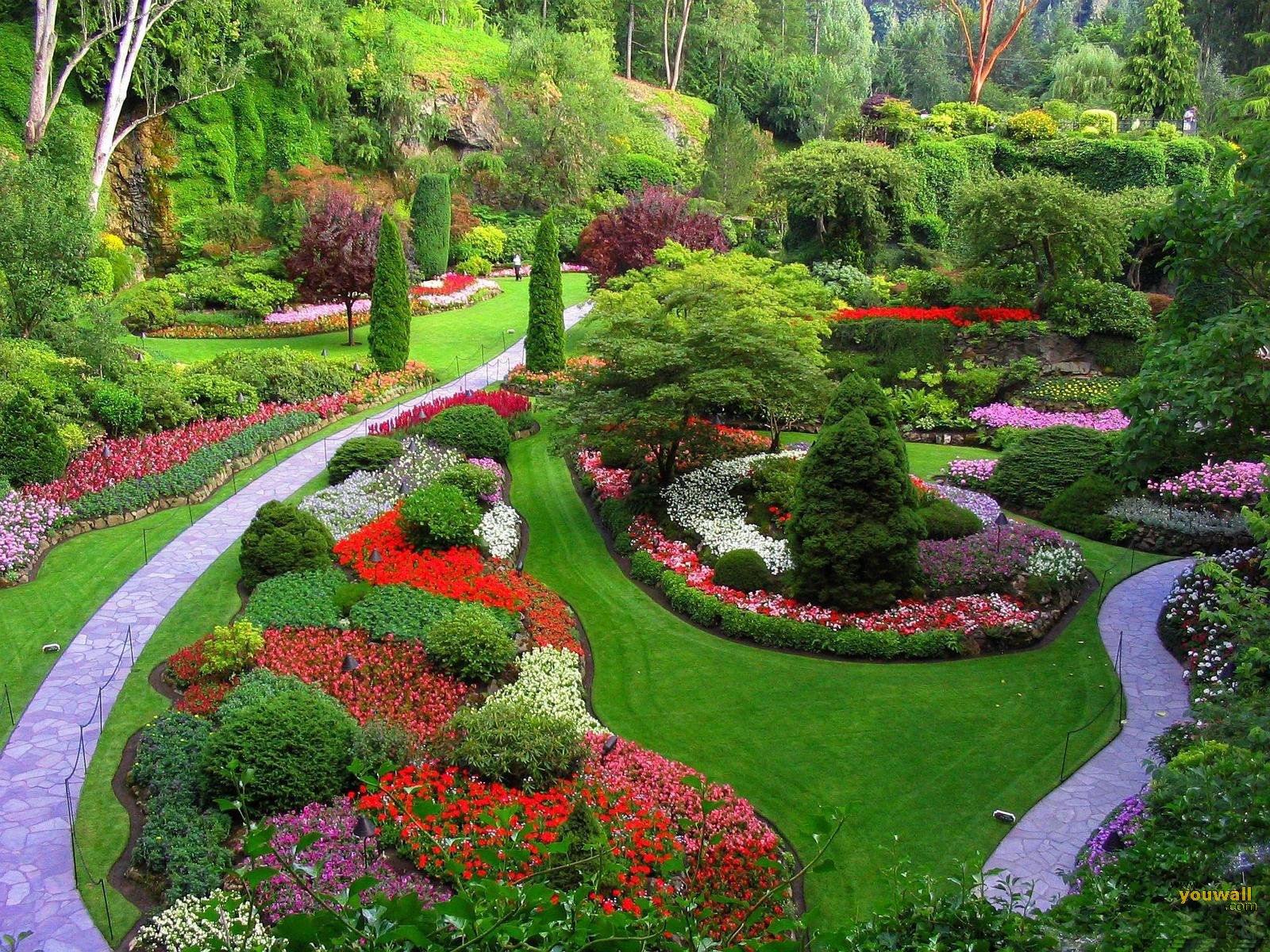بسم الله الرحمن الرحيم
Assalamu Alaikum.
Allah says:
أَيَوَدُّ أَحَدُكُمْ أَن تَكُونَ لَهُ جَنَّةٌ مِّن نَّخِيلٍ وَأَعْنَابٍ تَجْرِي مِن تَحْتِهَا الْأَنْهَارُ لَهُ فِيهَا مِن كُلِّ الثَّمَرَاتِ وَأَصَابَهُ الْكِبَرُ وَلَهُ ذُرِّيَّةٌ ضُعَفَاءُ فَأَصَابَهَا إِعْصَارٌ فِيهِ نَارٌ فَاحْتَرَقَتْ ۗ كَذَٰلِكَ يُبَيِّنُ اللَّـهُ لَكُمُ الْآيَاتِ لَعَلَّكُمْ تَتَفَكَّرُونَ
Would any of you wish to have a garden with date-palms and vines, with rivers flowing underneath, and all kinds of fruits for him therein, while he is striken with old age, and his children are weak (not able to look after themselves), then it is struck with a fiery whirlwind, so that it is burnt? Thus does Allah make clear His Ayaat (proofs, evidences, verses) to you that you may give thought. [Surah Al-Baqarah (2) : 266]
Let’s visualise this scenario.
First, let’s imagine a beautiful garden:
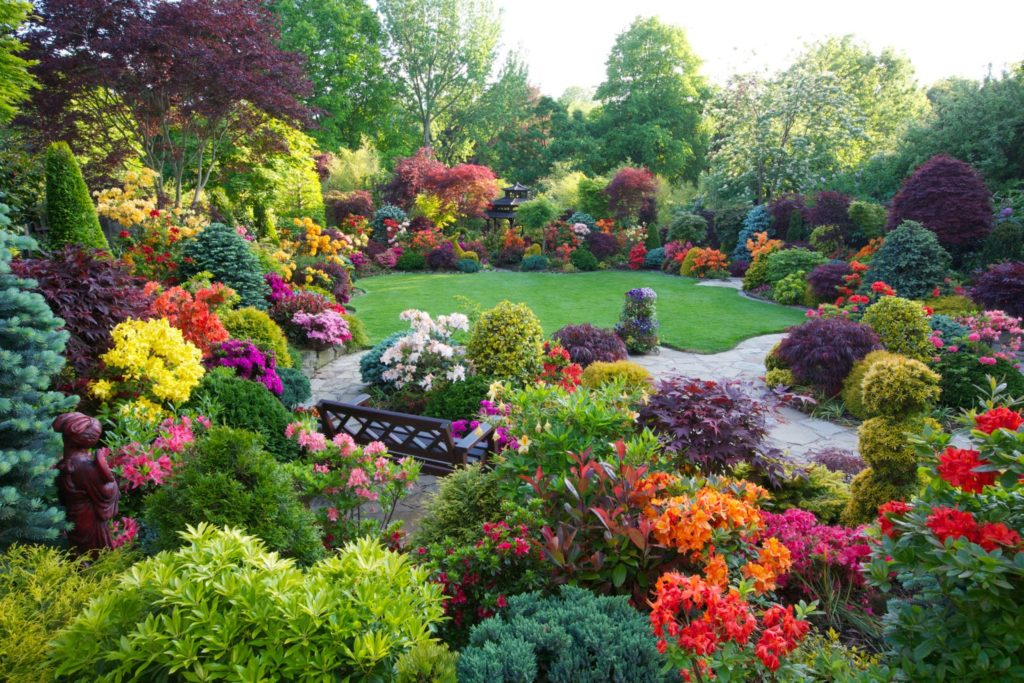

The garden has date palms:
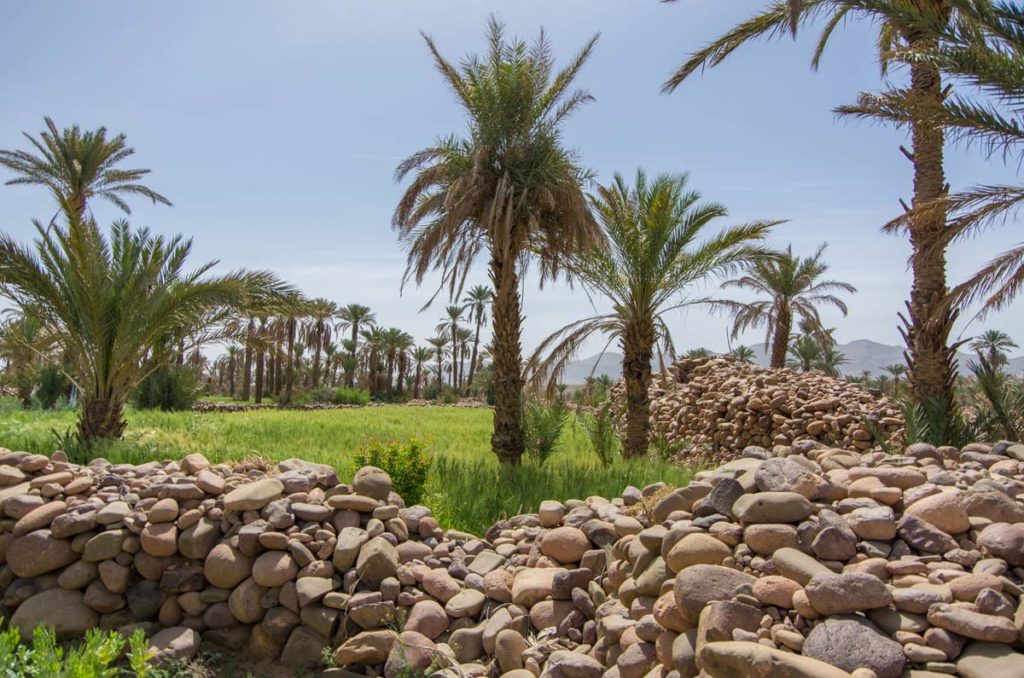
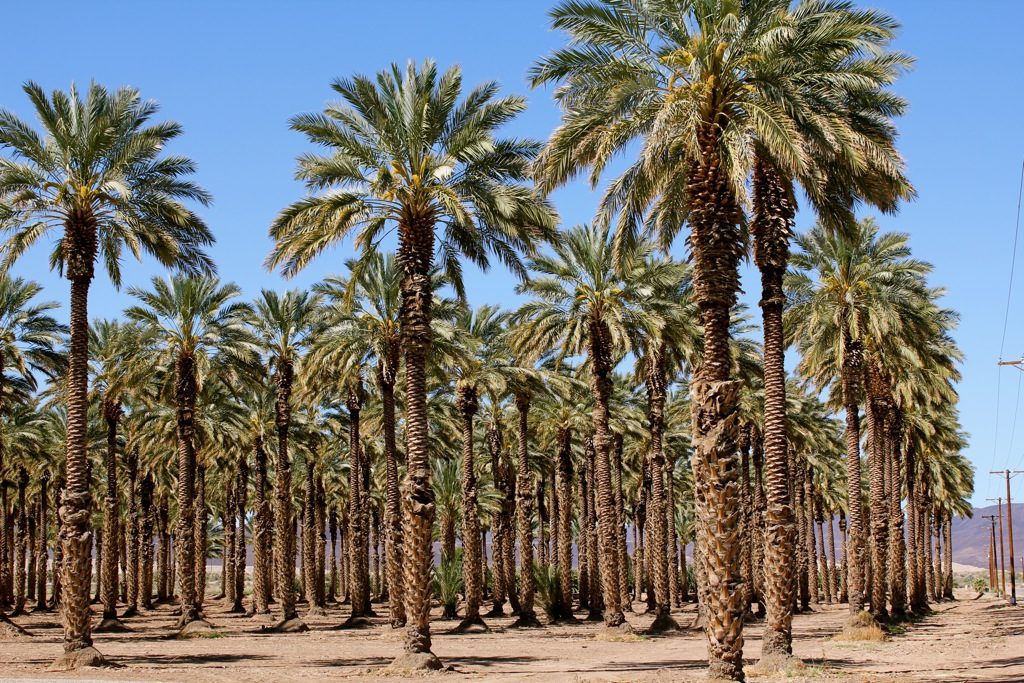
And grapevines:
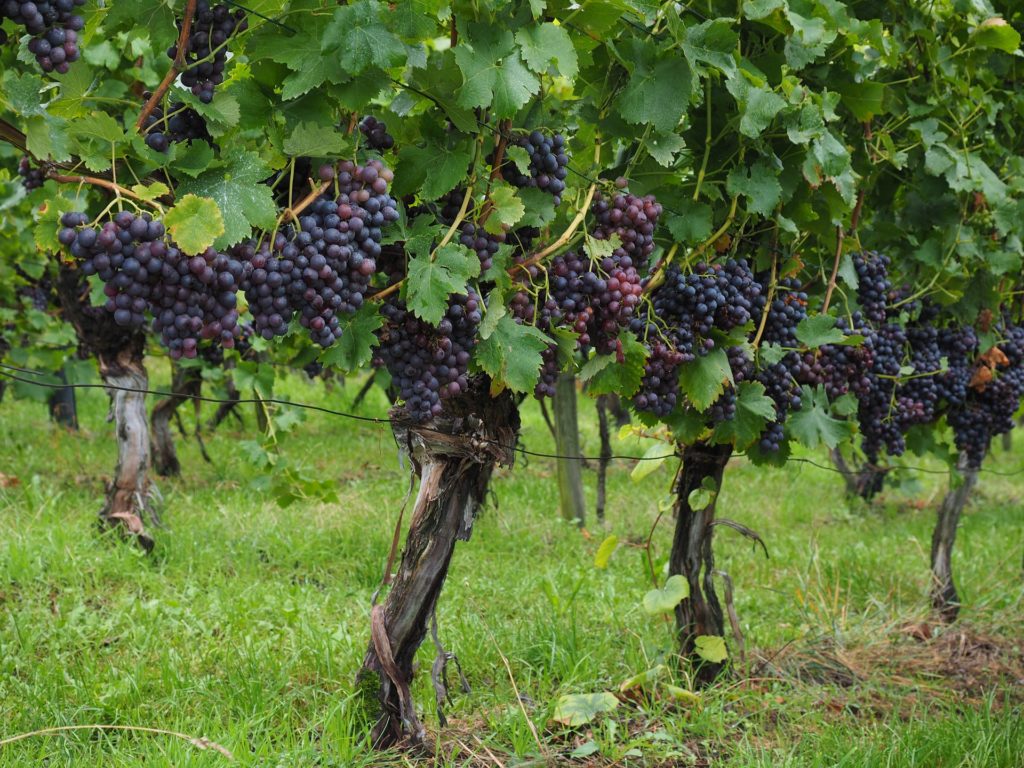
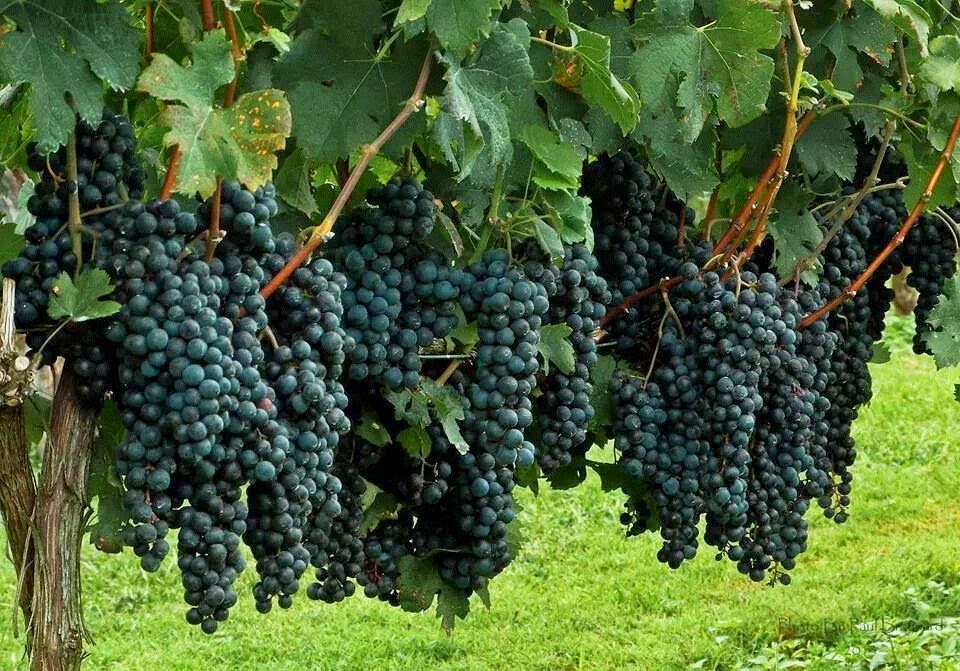
With rivers running through it:

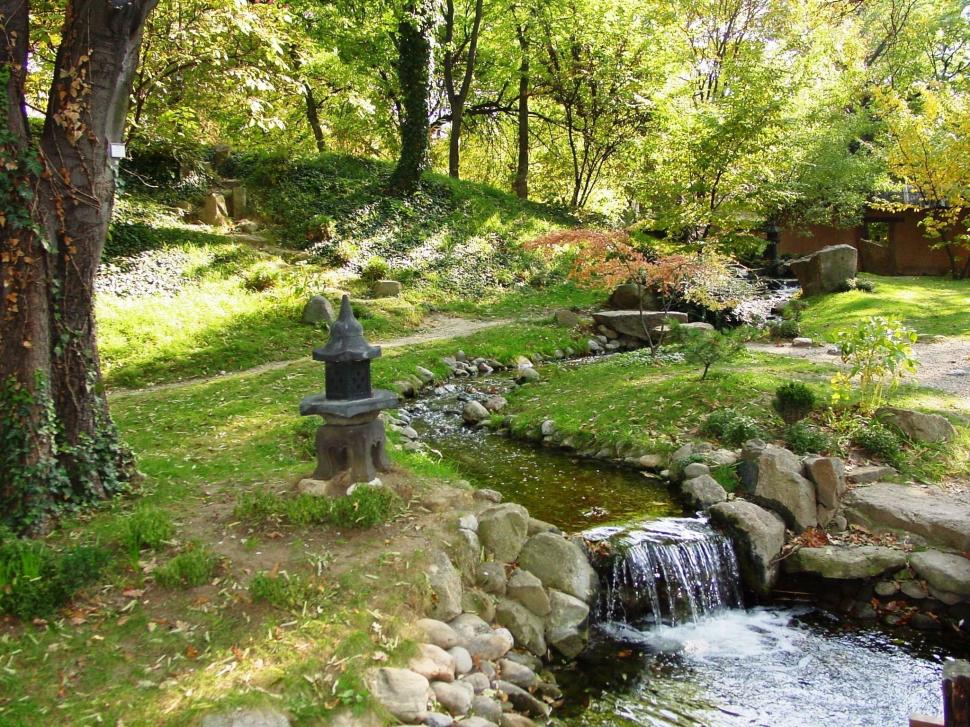


Containing all kinds of fruits:
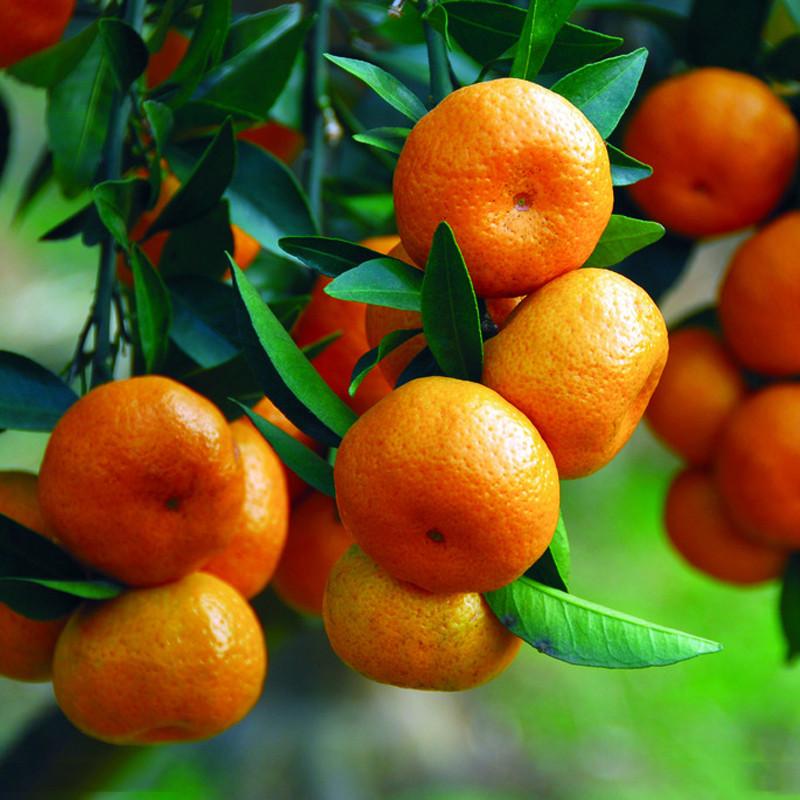
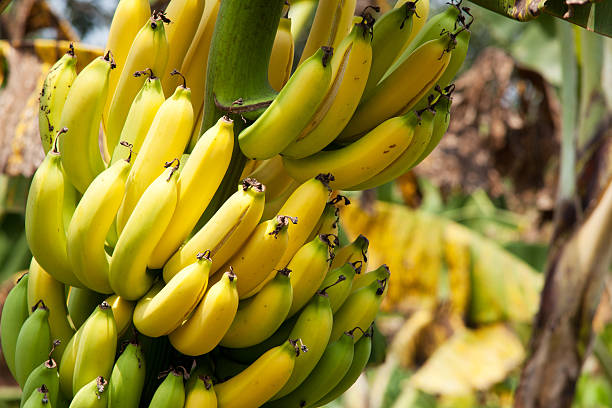
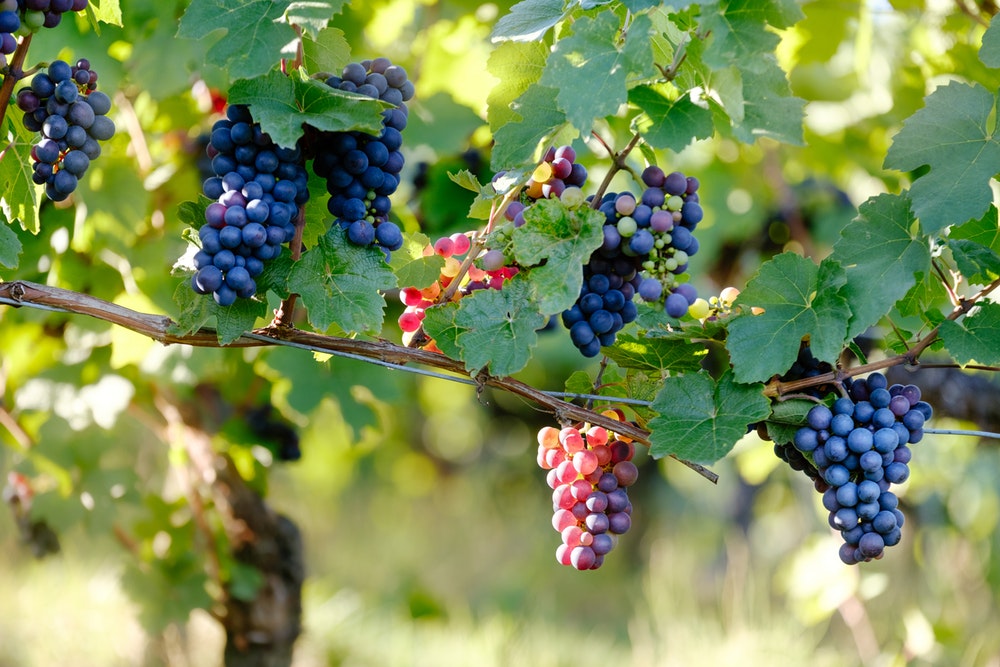

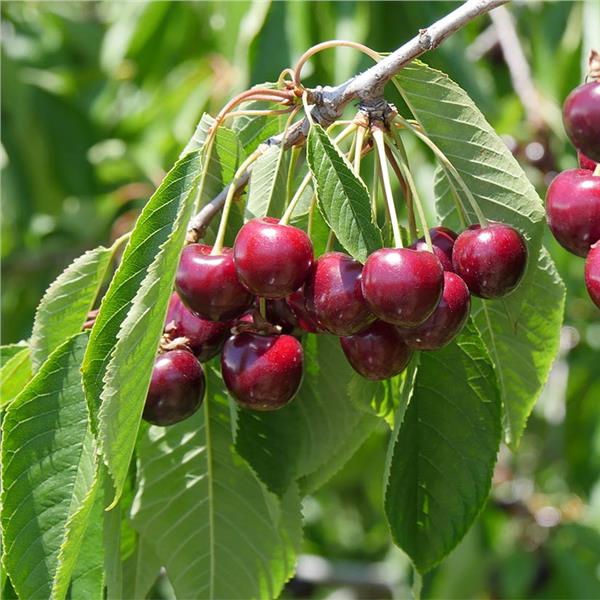

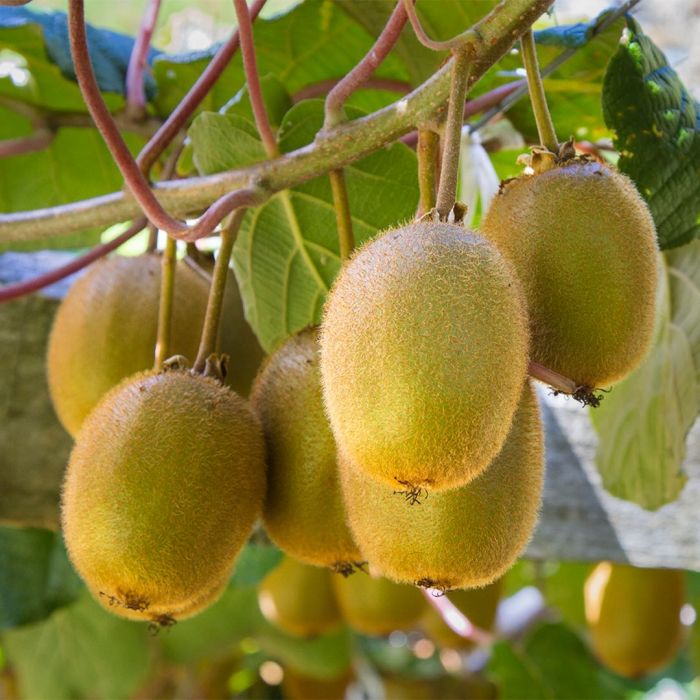
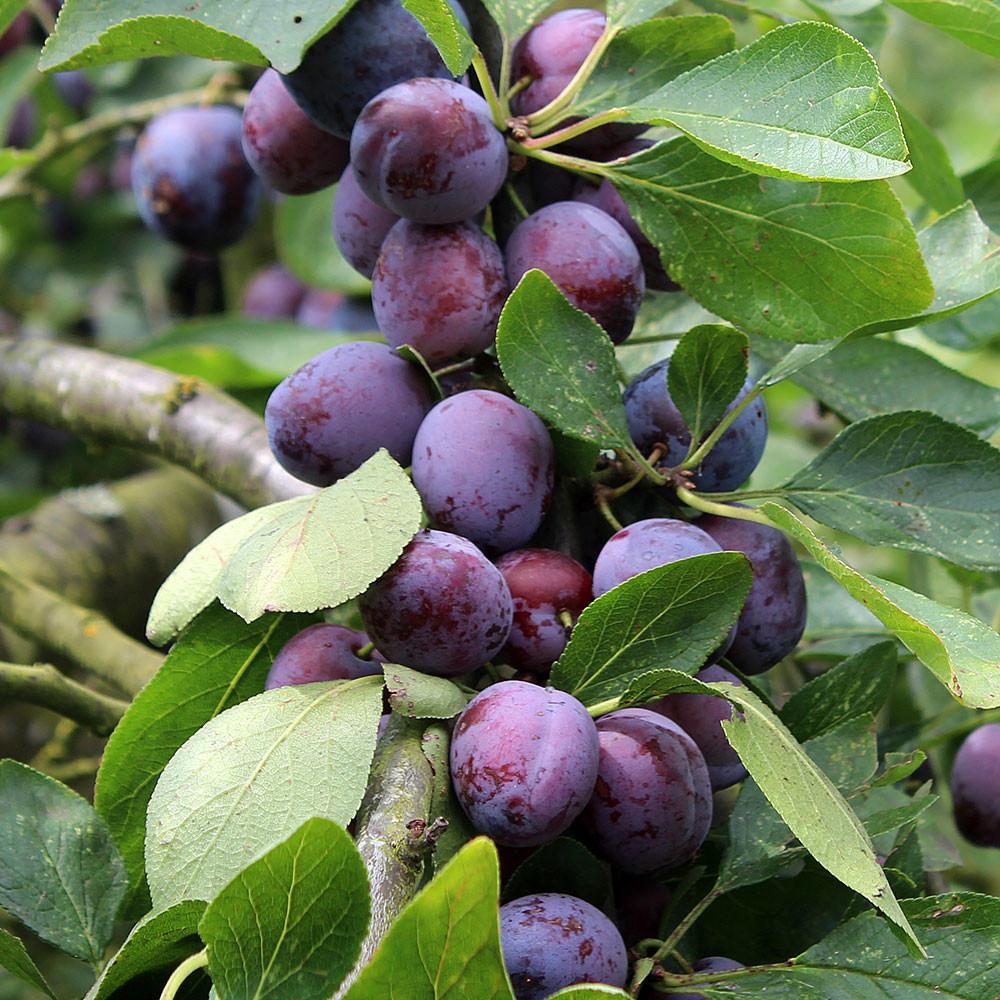
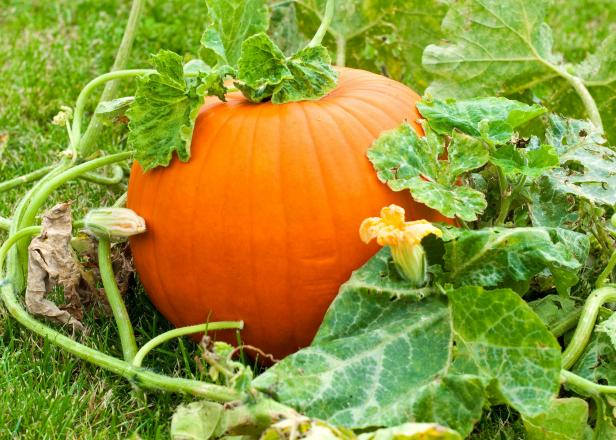
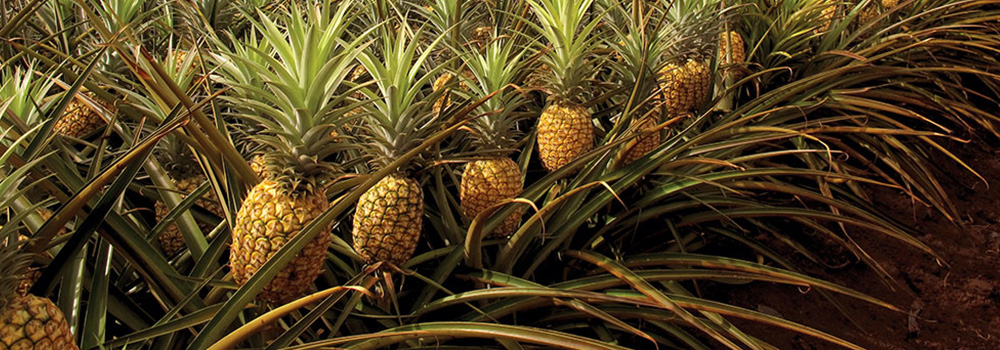
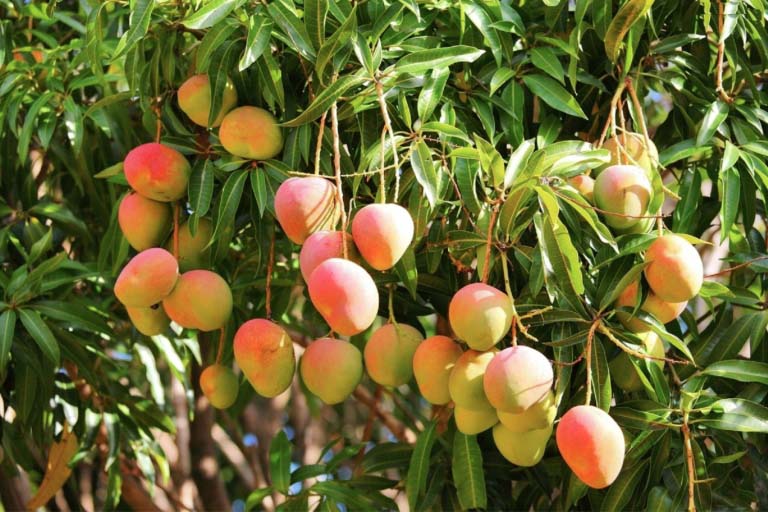
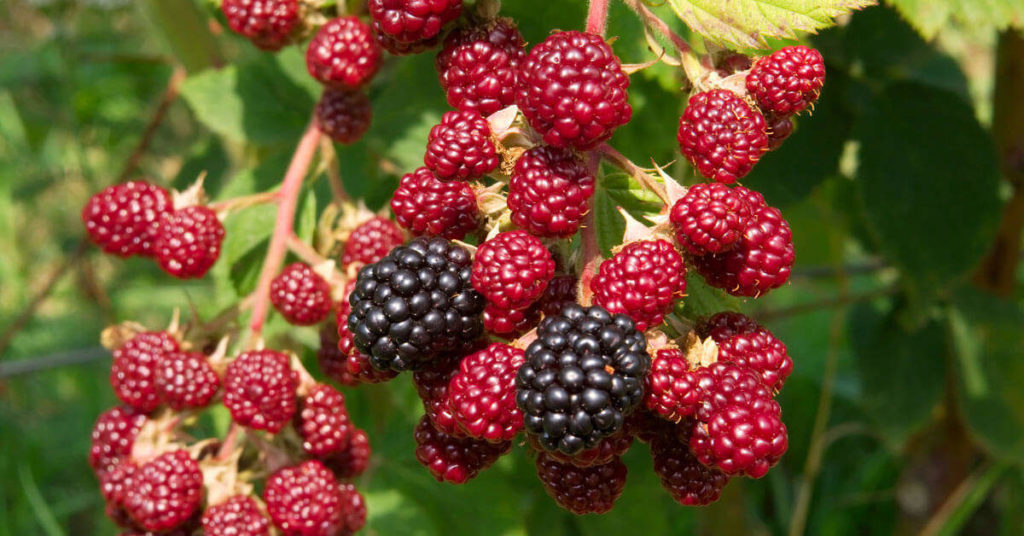
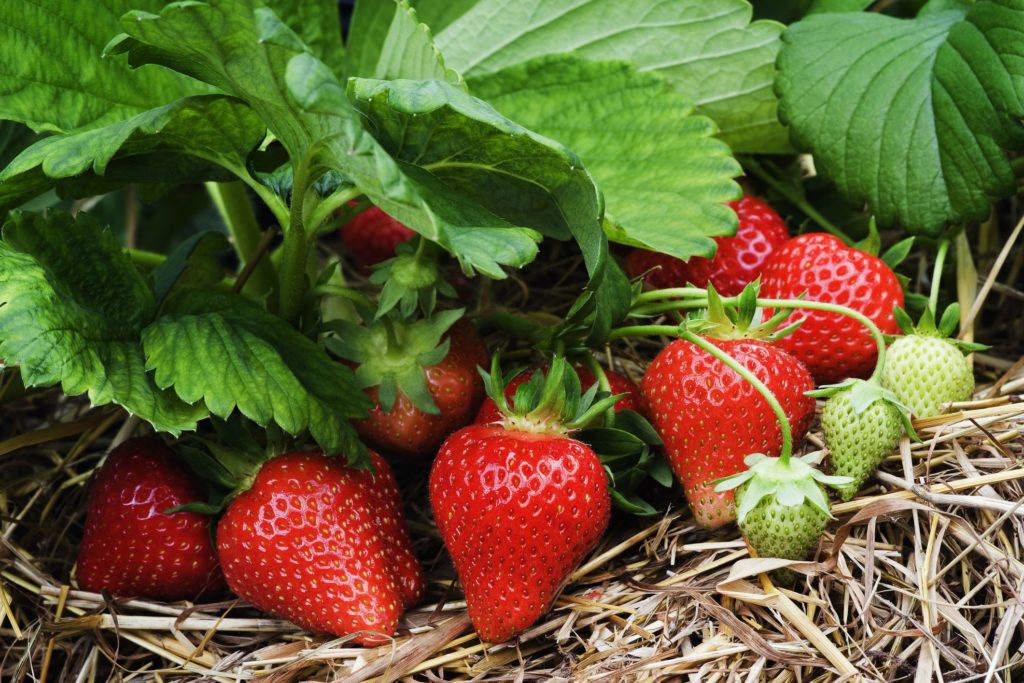
Wonderful, isn’t it? Which of us wouldn’t want something like this?
Now, let’s imagine a heavy wind attacking the garden.
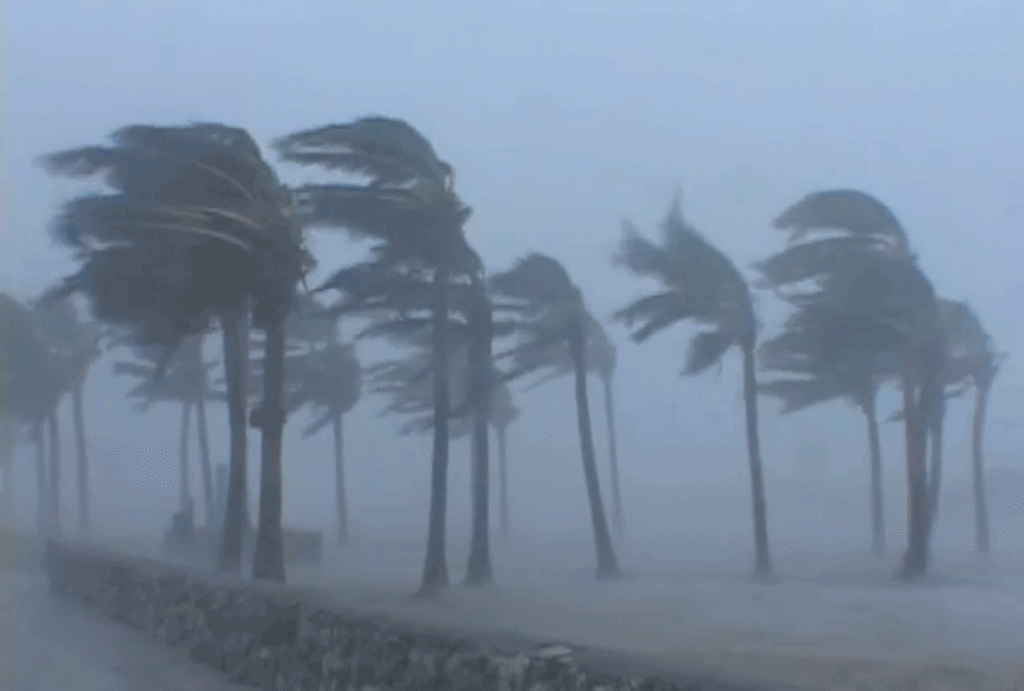
The wind then causes a fire:
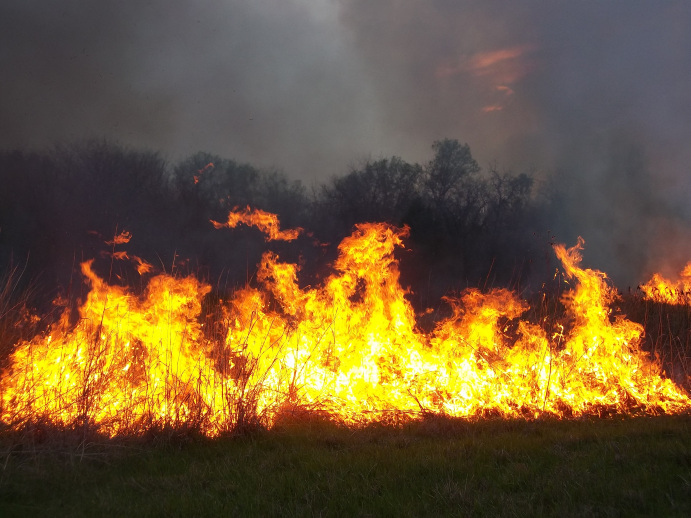
And everything is destroyed:
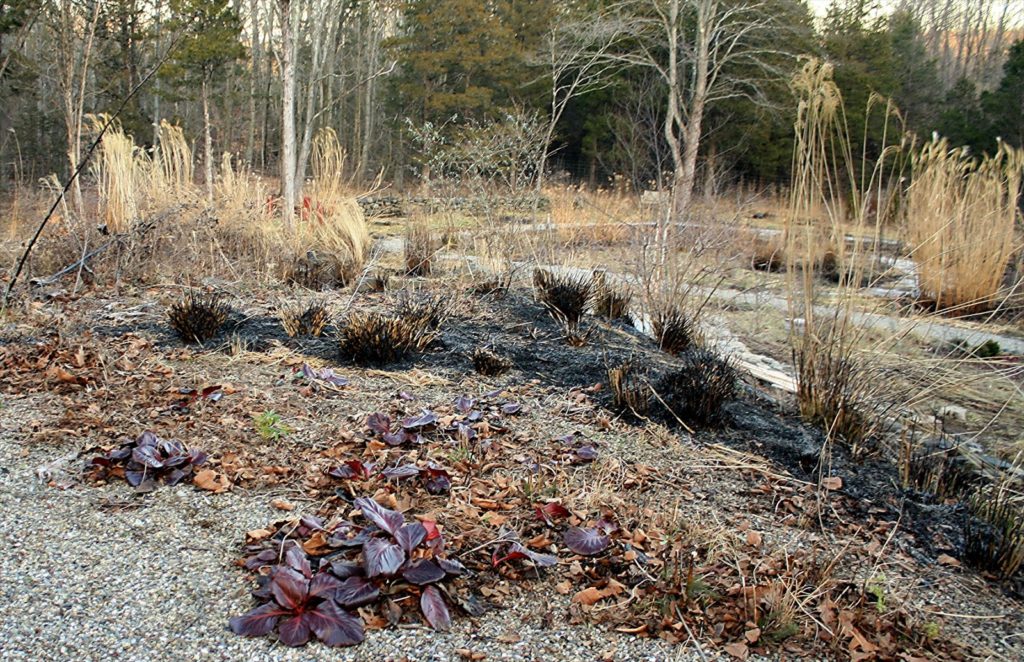
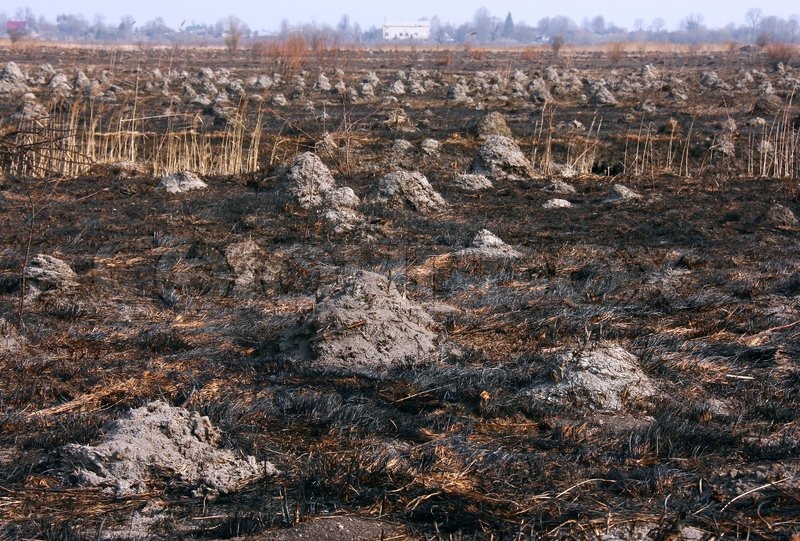
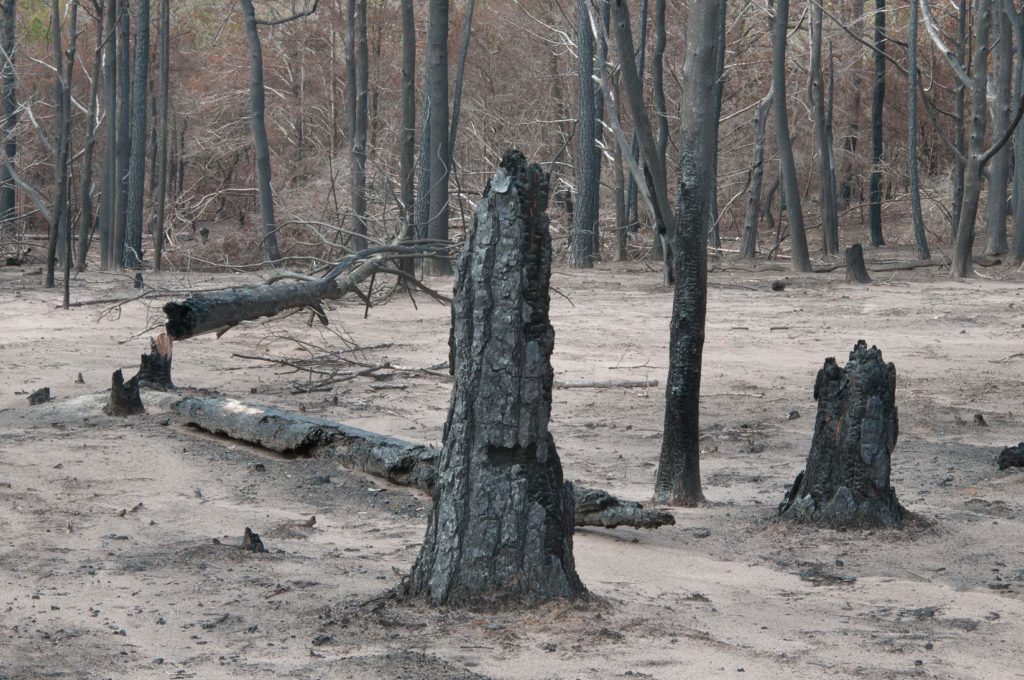
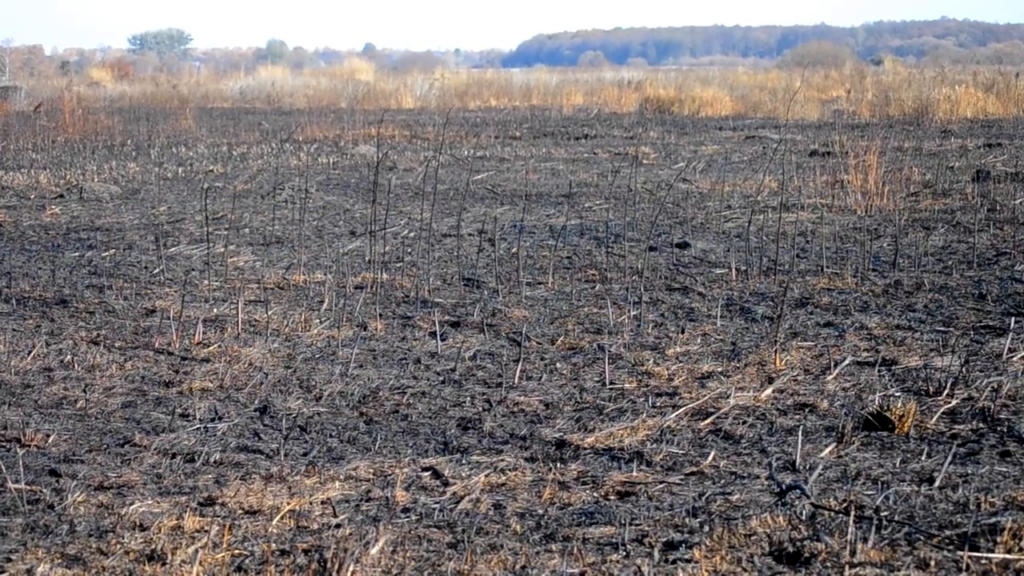
Who would want that? Nobody, I’m sure.
Now, this is a parable that Allah set, so what does it mean?
The following narration explains it perfectly:
عَنْ عُبَيْدِ بْنِ عُمَيْرٍ، قَالَ قَالَ عُمَرُ ـ رضى الله عنه ـ يَوْمًا لأَصْحَابِ النَّبِيِّ صلى الله عليه وسلم فِيمَ تَرَوْنَ هَذِهِ الآيَةَ نَزَلَتْ {أَيَوَدُّ أَحَدُكُمْ أَنْ تَكُونَ لَهُ جَنَّةٌ} قَالُوا اللَّهُ أَعْلَمُ. فَغَضِبَ عُمَرُ فَقَالَ قُولُوا نَعْلَمُ أَوْ لاَ نَعْلَمُ. فَقَالَ ابْنُ عَبَّاسٍ فِي نَفْسِي مِنْهَا شَىْءٌ يَا أَمِيرَ الْمُؤْمِنِينَ. قَالَ عُمَرُ يَا ابْنَ أَخِي قُلْ وَلاَ تَحْقِرْ نَفْسَكَ. قَالَ ابْنُ عَبَّاسٍ ضُرِبَتْ مَثَلاً لِعَمَلٍ. قَالَ عُمَرُ أَىُّ عَمَلٍ قَالَ ابْنُ عَبَّاسٍ لِعَمَلٍ. قَالَ عُمَرُ لِرَجُلٍ غَنِيٍّ يَعْمَلُ بِطَاعَةِ اللَّهِ عَزَّ وَجَلَّ، ثُمَّ بَعَثَ اللَّهُ لَهُ الشَّيْطَانَ فَعَمِلَ بِالْمَعَاصِي حَتَّى أَغْرَقَ أَعْمَالَهُ
Narrated Ubaid bin Umair: Once Umar (bin Al-Khattab) said to the companions of the Prophet (sallallahu alaihi wasallam) “What do you think about this Verse:
أَيَوَدُّ أَحَدُكُمْ أَن تَكُونَ لَهُ جَنَّةٌ
Would any of you wish to have a garden [Surah Al-Baqarah (2) : 266]
They replied, “Allah knows best.” Umar became angry and said, “Either say that you know or say that you do not know!” On that Ibn Abbas said, “O chief of the believers! I have something in my mind to say about it.” Umar said, “O son of my brother! Say, and do not underestimate yourself.” Ibn Abbas said, “This Verse has been set up as an example for deeds.” Umar said, “What kind of deeds?” Ibn Abbas said, “For deeds.” Umar said, “This is an example for a rich man who does goods out of obedience of Allah and then Allah sends him Satan whereupon he commits sins till all his good deeds are lost.” [Sahih Al-Bukhari, Volume 6, Hadeeth No. 62]
After mentioning the above narration, Imam Ibn Kathir (rahimahullah) states in his explanation of this verse:
“This Hadith suffices as an explanation for the Ayah, for it explains the example it sets by a person who does good first and then follows it with evil, may Allah save us from this end. So, this man annulled his previous good works with his latter evil works. When he desperately needed the deeds of the former type, there were none. This is why Allah said,
﴿وَأَصَابَهُ الْكِبَرُ وَلَهُ ذُرِّيَّةٌ ضُعَفَآءُ فَأَصَابَهَآ إِعْصَارٌ﴾
(while he is stricken with old age, and his children are weak (not able to look after themselves), then it is struck with a whirlwind) with heavy wind,
﴿فِيهِ نَارٌ فَاحْتَرَقَتْ﴾
(that is fiery, so that it is burnt) meaning, its fruits were burnt and its trees were destroyed. Therefore, what will his condition be like?
Ibn Abi Hatim recorded that Al-Awfi said that Ibn Abbas said, “Allah has set a good parable, and all His parables are good. He said,
﴿أَيَوَدُّ أَحَدُكُمْ أَن تَكُونَ لَهُ جَنَّةٌ مِّن نَّخِيلٍ وَأَعْنَابٍ تَجْرِى مِن تَحْتِهَا الأَنْهَـرُ لَهُ فِيهَا مِن كُلِّ الثَّمَرَتِ﴾
(Would any of you wish to have a garden with date palms and vines, with rivers flowing underneath, and all kinds of fruits for him therein.)
But he lost all this in his old age,
﴿وَأَصَابَهُ الْكِبَرُ﴾
(while he is striken with old age) while his offspring and children are weak just before the end of his life. Then a lightning storm came and destroyed his garden. Then he did not have the strength to grow another garden, nor did his offspring offer enough help. This is the condition of the disbeliever on the Day of Resurrection when he returns to Allah, for he will not have any good deeds to provide an excuse – or refuge – for him, just as the man in the parable had no strength to replant the garden. The disbeliever will not find anything to resort to for help, just as the offspring of the man in the parable did not provide him with help. So he will be deprived of his reward when he most needs it, just as the man in the parable was deprived of Allah’s garden when he most needed it, when he became old and his offspring weak.”
In his Mustadrak, Al-Hakim recorded that the Messenger of Allah (sallallahu alaihi wasallam) used to say in his supplication,
«اللَّهُمَّ اجْعَلْ أَوْسَعَ رِزْقِكَ عَلَيَ عِنْدَ كِبَرِ سِنِّي وَانْقِضَاءِ عُمُرِي»
(O Allah! Make Your biggest provision for me when I am old in age and at the time my life ends.)
This is why Allah said,
﴿كَذلِكَ يُبيِّنُ اللَّهُ لَكُمُ الآيَـتِ لَعَلَّكُمْ تَتَفَكَّرُونَ﴾
(Thus Allah makes clear to you His Laws in order that you may give thought) meaning, comprehend and understand the parables and their intended implications. Similarly, Allah said,
﴿وَتِلْكَ الاٌّمْثَالُ نَضْرِبُهَا لِلنَّاسِ وَمَا يَعْقِلُهَآ إِلاَّ الْعَـلِمُونَ ﴾
(And these similitudes We put forward for mankind; but none will understand them except those who have knowledge (of Allah and His signs)) (29:43).”
Ibn Kathir used just one example – that of a disbeliever. However, this verse doesn’t just refer to a disbeliever or to a rich man, rather it is wider in scope.
Shaikh Ibn Uthaimeen (rahimahullah) in his book “Ahkam min Al-Quran Al-Kareem” (Rulings from the Noble Quran) pointed out two more examples that this parable could refer to:
- The one who gives wealth just to show off in front of people.
- The one who spoils his charity by reminding people of his favours and harming them.
Both the above examples are actually mentioned two verses earlier:
يَا أَيُّهَا الَّذِينَ آمَنُوا لَا تُبْطِلُوا صَدَقَاتِكُم بِالْمَنِّ وَالْأَذَىٰ كَالَّذِي يُنفِقُ مَالَهُ رِئَاءَ النَّاسِ وَلَا يُؤْمِنُ بِاللَّـهِ وَالْيَوْمِ الْآخِرِ ۖ فَمَثَلُهُ كَمَثَلِ صَفْوَانٍ عَلَيْهِ تُرَابٌ فَأَصَابَهُ وَابِلٌ فَتَرَكَهُ صَلْدًا ۖ لَّا يَقْدِرُونَ عَلَىٰ شَيْءٍ مِّمَّا كَسَبُوا ۗ وَاللَّـهُ لَا يَهْدِي الْقَوْمَ الْكَافِرِينَ
O you who believe! Do not render in vain your Sadaqah (charity) by reminders of your generosity or by injury, like him who spends his wealth to be seen of men, and he does not believe in Allah, nor in the Last Day. His likeness is the likeness of a smooth rock on which is a little dust; on it falls heavy rain which leaves it bare. They are not able to do anything with what they have earned. And Allah does not guide the disbelieving people. [Surah Al-Baqarah (2) : 264]
Imam As-Saadi (rahimahullah) points out in his explanation of this verse that this example refers to the one who gives charity and other acts seeking the Face of Allah, then he does acts that spoil it (i.e. the good deeds).
One of my teachers, Ustadh Khalid Ismail points out the following in his series “Tamaalat Quraaniyah” (the last part):
- When a person worships Allah, he is actually planting a garden of good deeds. So for example in Ramadan and Hajj, he has planted a great garden. So this is a warning to the person to not go back to the way he was (before Ramadan and Hajj) and to not go back to sinning. If he does, it’s as though he burnt his garden of good deeds.
- The old man (mentioned in the verse) really needed the garden at that time (due to his old age and weak/young children) but it was taken away. So this is like the person who will need these good deeds when meeting Allah on the Last Day. Who would want to be like the old man? Absolutely nobody. So everyone needs to be careful to safeguard their deeds and keep steadfast and not go back to sinning.
- On the Last Day, we will really regret wasting time in this world.
- It’s not enough to just have knowledge, you have to apply your knowledge.
- If you want to know if you are upon correct guidance, see if you are increasing in good deeds.
- You should fear that perhaps your deeds were not accepted by Allah.
- The greatest karamah (miracle) for a person is being steadfast on the straight path.
- Some of the best ways to be steadfast are doing dua (supplication), applying tawheed (worshipping Allah alone), being sincere and applying the Sunnah of the Prophet (sallallahu alaihi wasallam).
- Keep telling yourself that you were created to worship Allah.
[The above is just a summary of what he said. I’d advise those who can understand Arabic to listen to this lecture and in fact, the whole series as it was absolutely fantastic.]
So, who was the one whose garden was destroyed? Well, it’s all those who have regressed in their practice of Islam.
If you are one of those people, then this verse should be an eye-opener for you. It’s time to repent to Allah and increase in good deeds.
Otherwise, like the old man, you risk losing everything. And who would want that?
